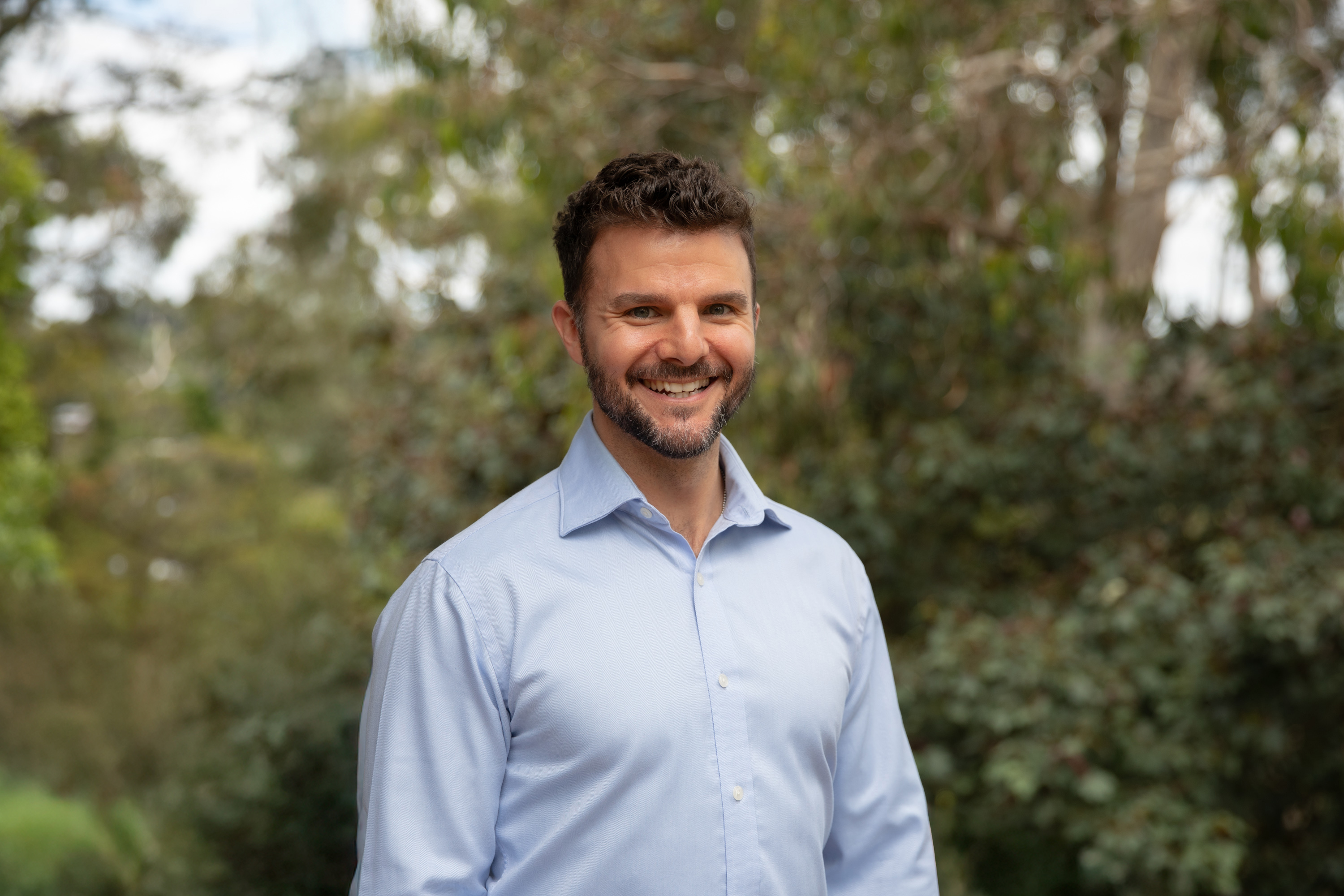This blog navigates…
Counselling, Coaching, Psychotherapy – Which One Do You Need?
If you’re looking for support, you’ve probably come across terms like counselling, coaching, and psychotherapy. But what do they actually mean? And how do you know which one is right for you?



Let’s break it down.
Counselling: Support for Life’s Challenges
What It Is:
Counselling provides a safe space to explore thoughts, emotions, and challenges with a trained professional. It’s designed to help you navigate life’s difficulties, develop coping strategies, and improve emotional well-being.
Who It’s For:



How It Works:




Coaching: Goal-Oriented Growth
What It Is:
Coaching focuses on personal and professional growth rather than emotional healing. A coach helps you set and achieve specific goals, improve performance, and develop new habits.
Who It’s For:



How It Works:




Psychotherapy: Deep Emotional Healing
What It Is:
Psychotherapy is a deeper, longer-term process that addresses emotional difficulties, past trauma, and patterns of thinking and behavior.
Who It’s For:



How It Works:




Key Differences at a Glance
| Feature | Counselling | Coaching | Psychotherapy |
|---|---|---|---|
| Focus | Emotional support & coping skills | Goal-setting & personal growth | Deep healing & self-exploration |
| Timeframe | Short- to medium-term | Short- to medium-term | Long-term |
| Approach | Present-focused | Future-focused | Past & present-focused |
| Methods Used | Talk therapy, coping strategies | Structured planning, accountability | Therapeutic techniques, deeper exploration |
| Best For | Life challenges, stress, emotions | Motivation, career, personal growth | Trauma, long-term emotional struggles |
Which One is Right for You?



Sometimes, the lines blur. A counsellor might use coaching techniques, or a coach might incorporate counselling skills. The key is to find the right fit for your needs.
Looking for a Counsellor in Melbourne?
If you’re feeling overwhelmed, anxious, or stuck, Solid Foundations Counselling offers a supportive space to help you navigate life’s challenges. Book a free 15 minute conversation or reach out to see how we can help.

